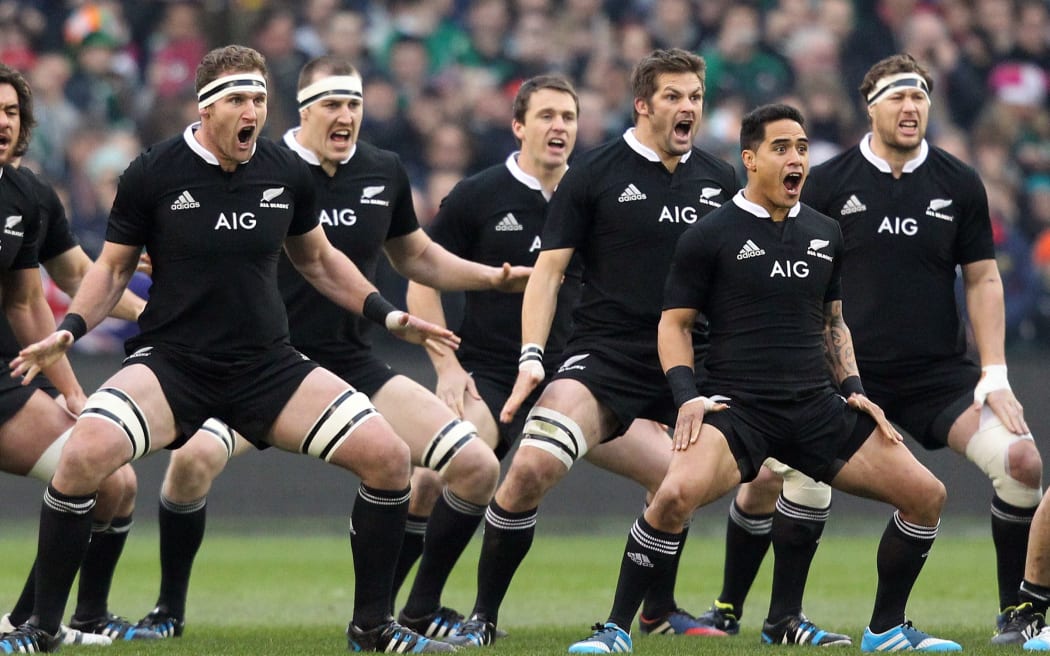Ngati Toa descendants have packed out Parliament's public gallery to witness the introduction of a law to protect their famous tribal haka, Ka Mate.
Legislation means it must be attributed to Te Rauparaha as both the composer of the haka and a chief of Ngati Toa Rangatira - whenever Ka Mate is used commercially.
Treaty of Waitangi Negotiations Minister Chris Finlayson says through the Treaty settlement the Crown acknowledges the significance of Ka Mate as an integral part of the history, culture and identity of Ngati Toa.
He says it's a novel and tentative law which will be reviewed after five years.
Both the iwi and the Crown say they will be on guard for any businesses who breach the rules.
Official sponsors' advertisements featuring the All Blacks will not be affected. The regulation also won't apply to Ka Mate performances made by kapa haka groups or sports teams.
In the past, Ngati Toa sought to trade mark the haka, after a New Zealand souvenir supplier printed phrases of it on tea towels. But the Crown said no and instead has brought in a new law.
There was cross-party support for the legislation.

The All Blacks perform the haka at an international test match against Ireland in Dublin last year. Photo: AFP
In the middle of his speech on the Haka Ka Mate Attribution Bill, Labour MP, Shane Jones, broke out into the haka Ka Mate in the House.
He said he wanted his support for the bill to go on record as the day politicians saluted Ngati Toa and acted to protect the haka.
Maori Affairs Minister Pita Sharples says the words of Te Rauparaha continue to resound through the generations - and around the world.
He says when it comes to a unique, defining cultural symbol that sets New Zealand apart from other countries, it's not surprising people think of one word: haka.
All the seats in Parliament's public gallery were taken - packed with Ngati Toa descendants, from tamariki and rangatahi through to kaumatua, who performed their haka and sang a tribal waiata.

